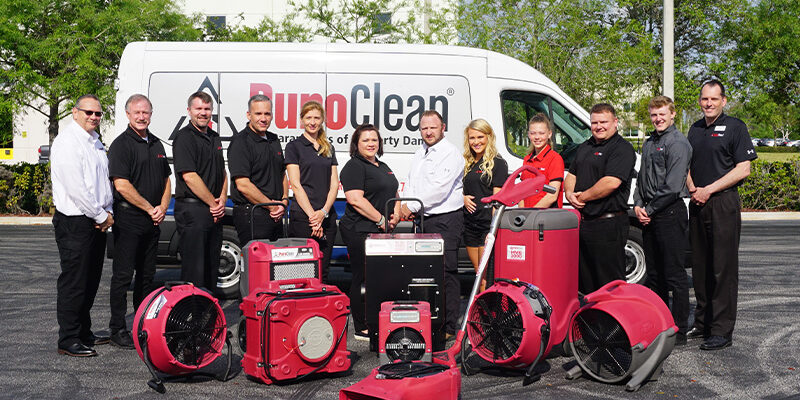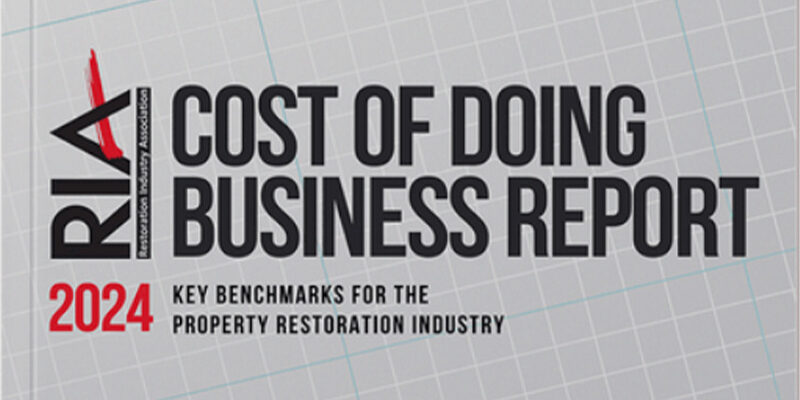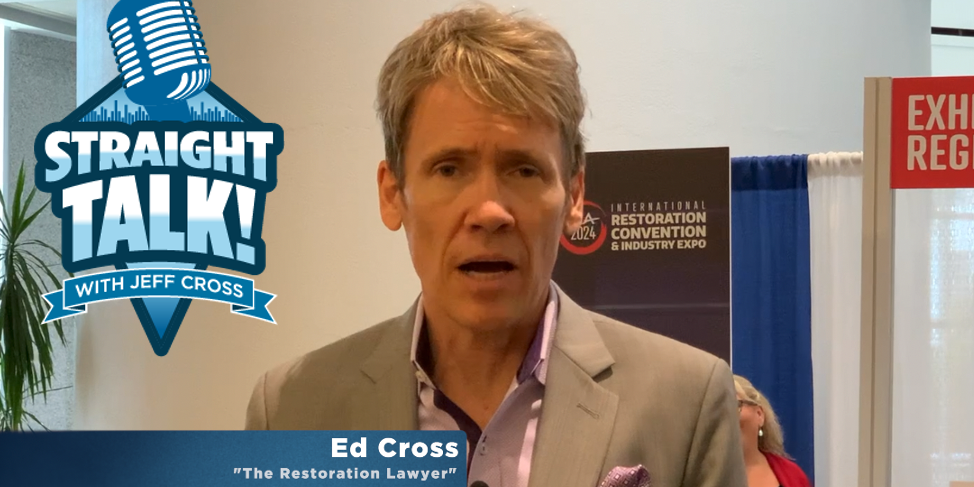Requiem for a Family Business

By Chuck Violand
The email I received was short and to the point, just like all the other emails I had received from him over the years: “Wanted to let you know that, effective today, we are shutting down the business and will be liquidating the assets.” This news hit me like a ton of bricks. What a tragedy. This was a sixteen-year-old family business that was shutting its doors. At one time, it employed over 30 people. Six of them were family members.
Most of the employees got along just fine and worked well together. The family members didn’t. It was a constant struggle to get a couple of them to sit in the same room together, much less communicate with each other. Slammed doors, elevated voices, or ice-cold silence was more the norm. With the business closing, that would no longer be an issue.
The patriarch of the family had invested heavily in the business — both financially and emotionally — in an effort to provide for his children and their families. It was also supposed to be a way to bring them closer together, which is frequently the case with family businesses. Unfortunately, I’m not sure that was ever understood or appreciated by the other members of the family.
According to the U.S. Census Bureau, nearly 90 percent of all U.S. businesses are family owned or are controlled by a family, so the tragedy of this family business closing is not unique. In fact, according to JSA Advising, 85 percent of business transitions fail due to a lack of communication, next-generation, or trust competency.
That was the great tragedy of this company’s closing. It didn’t fail because of a lack of business. Having been in business and performing good work for several years, they had a loyal and profitable customer base. They had a healthy backlog of work to be done. The challenges that led to the company’s decline weren’t external; they were internal, just as they are with almost all businesses, large or small. As mentioned above, the culprits in this situation were a lack of communication and a breakdown in trust.
Perhaps the difference is that, in non-family businesses or in healthy family businesses, the company leaders are better prepared to address sensitive internal issues head on, just as they should be. Frequently, this is because people in these organizations have well-defined job descriptions. They know what their job responsibilities are, what their authority is, and have learned to separate their title and their job performance from their last name.
It’s always tragic when a business fails. For me, the tragedy is amplified when it’s a family-owned business. It’s magnified even more when it fails for reasons that are within the control of the family members, especially since they’re not the only ones affected. The full extent of the victims includes other employees, suppliers, customers, and family members not in the business.
There never seems to be a shortage of blame and finger pointing that goes around when a company’s assets are being liquidated. But these aren’t just assets. There are also memories being liquidated.
I’m convinced a lot of unnecessary suffering could be avoided if there were a little less ego and a lot more responsibility being taken ahead of it.
Chuck Violand is the founder and principal of Violand Management Associates (VMA), a highly-respected consulting company in the restoration and cleaning industries. Through VMA, he works with business owners and companies to develop their people and their profits. Violand is the past president of the RIA. To reach him, visit www.violand.com or call 800-360-3513.












